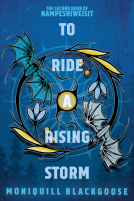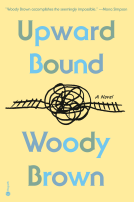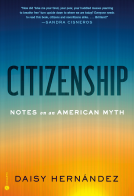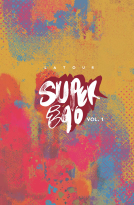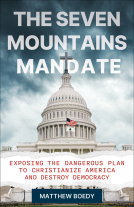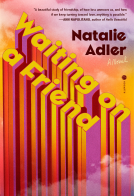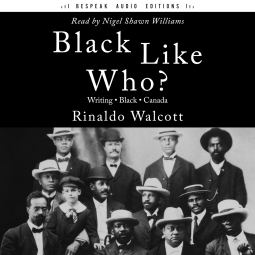
Black Like Who?
20th anniversary edition
by Rinaldo Walcott
Narrated by Nigel Shawn Williams
This title was previously available on NetGalley and is now archived.
Send NetGalley books directly to your Kindle or Kindle app
1
To read on a Kindle or Kindle app, please add kindle@netgalley.com as an approved email address to receive files in your Amazon account. Click here for step-by-step instructions.
2
Also find your Kindle email address within your Amazon account, and enter it here.
Pub Date Jul 15 2021 | Archive Date Aug 01 2021
ECW Press Audio | Bespeak Audio Editions
Talking about this book? Use #BlackLikeWho #NetGalley. More hashtag tips!
Description
Rinaldo Walcott’s groundbreaking study of black culture in Canada, Black Like Who?, caused an uproar upon its publication. With its incisive readings of hip-hop, film, literature, social unrest, sports, music, and electronic media, Walcott’s book not only assesses the role of black Canadians in defining Canada, it also argues strenuously against any notion of an essentialist Canadian blackness. As erudite on the issue of American super-critic Henry Louis Gates’ blindness to black Canadian realities as he is on rap, Walcott’s essays are thought-provoking and always controversial in the best sense of the word. They have added and continue to add immeasurably to public debate.
Available Editions
| EDITION | Audiobook |
| ISBN | 9781773057378 |
| PRICE | |
| DURATION | 9 Hours |
Average rating from 9 members
Featured Reviews
 Anna L, Librarian
Anna L, Librarian
In Chapter One of this book, the author begins with a quote then continues with, “This is a meditation on the place of Black Canadas in contemporary discourses of Black diasporas and the Black Atlantic.” Clearly in my mind, meaning a treatise on Black men and women in Canadian history. Continuing, a clear, academic feel arises. This is not to say the book (I listened to the audio version) was boring. Far from it. The author Rinaldo Walcott (and the narrator, Nigel Shawn Williams), created a very interesting reading on the view of Black culture in Canada by way of the use of literature and music and other cultural aspects. One chapter of interest is Chapter Five on the politics of 3rd cinema in Canada. Featured is the Canadian film director, Clement Virgo and discussion of his first featured film, Rude. He states that Black bodies (physical body) had gone MIA in public debate. "The Black body in western discourse is a marked body--marked with a history of enslavement and disenfranchisement." The author goes on to say that discourses concerning Blackness shifted since the 1950s and the 60s and 70s and “Black post-modernity is an unsentimental approach to addressing the complex and varied history of diasporic Black peoples.” There is some comparison and discussion of Blacks in America, Britain, and other parts of the world in a historical sense. The title of this book, “Black Like Who?” deserves some pondering.
Readers who liked this book also liked:
Josie Lloyd; Emlyn Rees
General Fiction (Adult), Romance, Sci Fi & Fantasy
L.M Montgomery
Children's Fiction, Comics, Graphic Novels, Manga, Teens & YA



